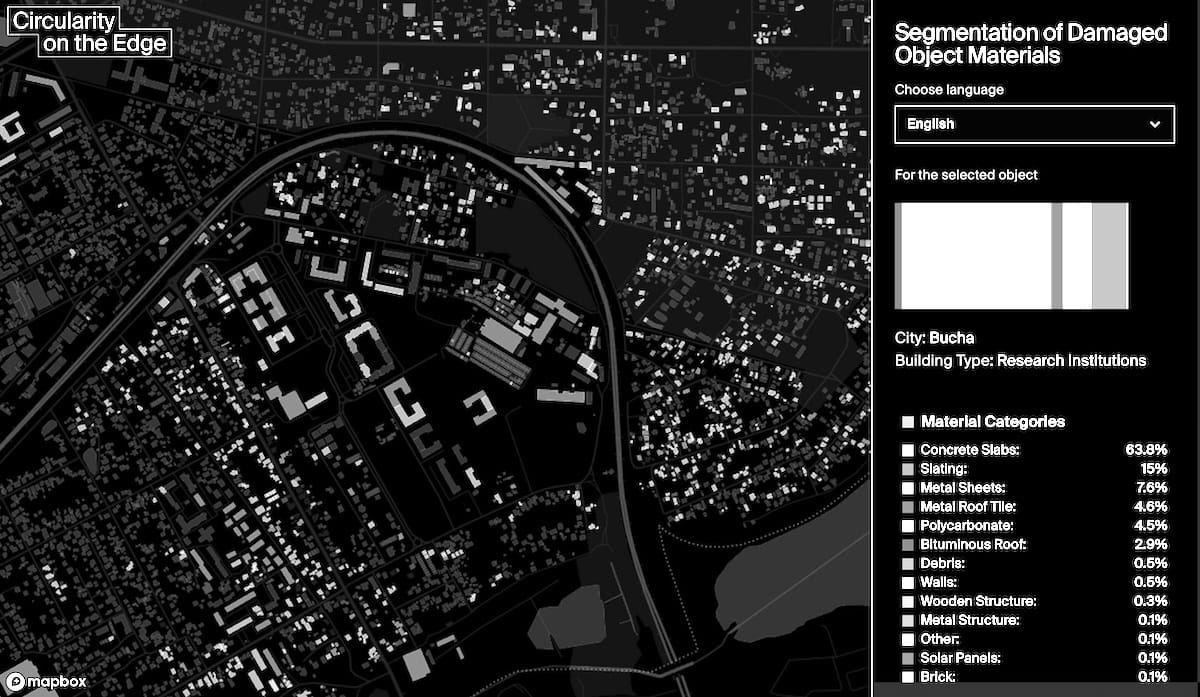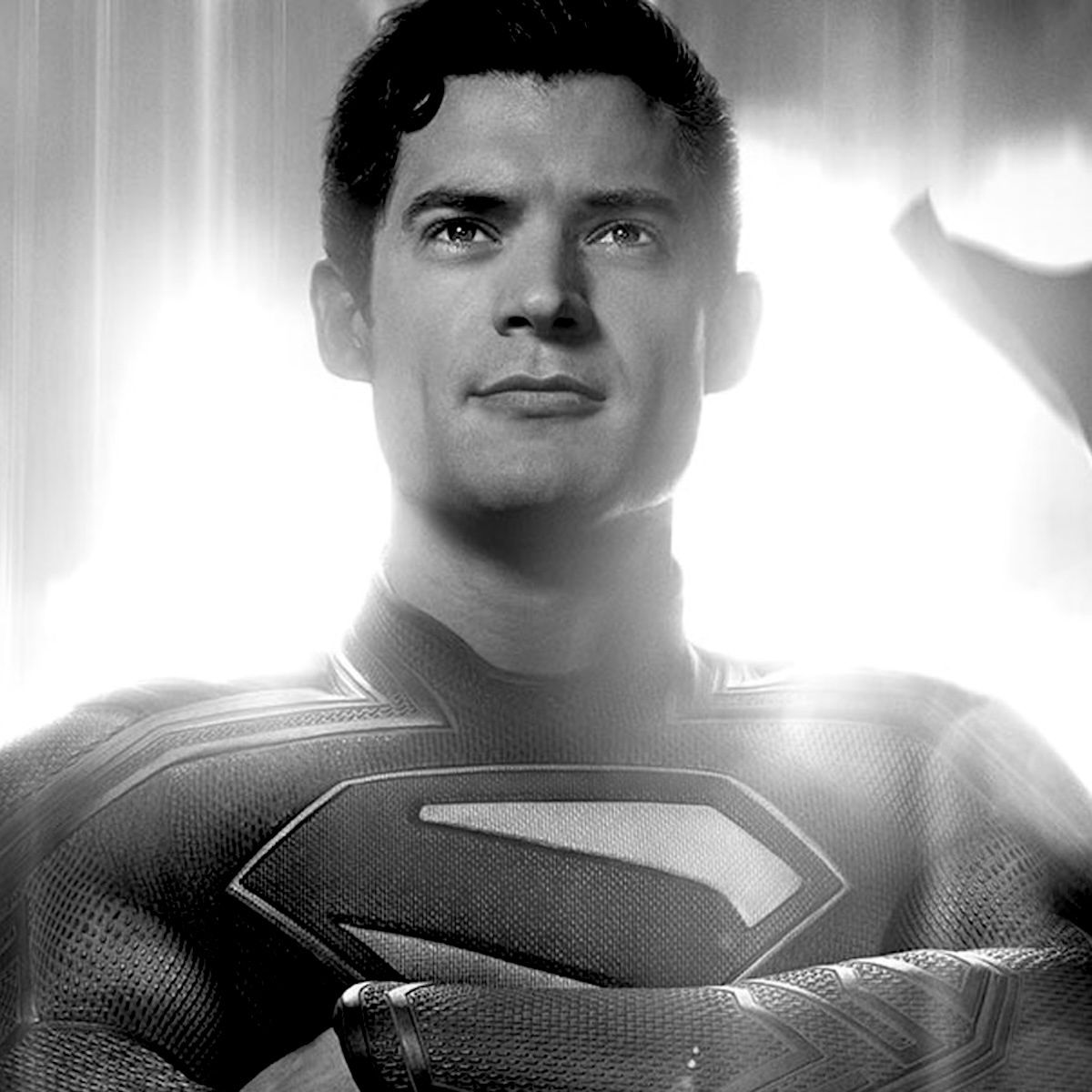Issue 76: A Bulletin for Big Ideas and Better Business
Rock 'n' roll leadership. From rubble to renewal with AI. The basic income trial in Ireland. And Superman pushes the genre.
ISSUE 76 /
A BULLETIN FOR
BIG IDEAS AND
BETTER BUSINESS.

OPINION / CREATIVITY
Managing creatives:
it’s hard, but
not impossible
💬 Sir John Hegarty
How do you run a creative organisation? The turning out of imaginative work is something that often defies process. Nevertheless, executives and management theorists gamely try to encourage ways for people to put forth ideas to order. Some of the best guidance on managing creatives isn’t from the world of business or brands (exactly) but, from rock ’n’ roll.
Andrew Loog Oldham is an English music industry figure who came to prominence as the first manager of The Rolling Stones, a job he occupied from 1963 to 1967. One anecdote will sound familiar to anyone who has toiled to get a piece of work out to a bracing deadline. The group had made a name playing covers of old rhythm and blues tunes, and Oldham recognised that the act needed a record of its own. So he employed a ‘lock the doors’ approach, imprisoning Mick and Keith in a flat until they’d written something.
Some of the best guidance on managing creatives isn’t from the world of business or brands
Oldham gave the musicians a tight – yet cryptic – brief too. Saying: “I want a song with brick walls all around it, high windows and no sex.” The wording of this is genius. It’s lack of prescription or specifics allowed ideas to take flight. Mick and Keith knew what he meant – or rather, they understood enough to write a number that loosely followed the direction. But here’ the really clever bit. They wrote a song called ‘As Tears Go By’, and when they listened back, they all knew it was a great tune, but it wasn’t on brand for the Stones. They gave it to Marianne Faithful instead – and it became a major hit.
So, here’s four creative lessons from rock ’n’ roll.
Solid grafting is usually the answer
Use an expansive brief
Keep the brand top of mind
If the work doesn’t fit, use it for something else

THE AGENDA
🗓️ Diarise this: your agenda for the coming week
1.
France will be awash with tricolour pride this Sunday as Bastille Day celebrations sweep the nation, marking the birth of the French Republic. From Paris to Provence, festivities will fill the streets — with military parades, public speeches, and parties culminating in dazzling firework displays.
14th July
2.
The red carpet will be rolled out on the Emerald Isle this week as the Galway Film Fleadh kicks off. Known for spotlighting emerging homegrown talent and global voices alike, it opens with the latest film from Irish playwright Jim Sheridan, Re-Creation, and closes with new Stephen King adaptation The Life of Chuck.
8th – 13th July
3.
London’s Design Museum opens More than Human. Showing over 140 works exploring how design can serve the wider living world (not just people) with highlights including seaweed sculptures and art for octopuses.
11th July
4.
In Geneva, the AI for Good Summit puts a human-focused lens on the future of tech. Bringing together researchers, policymakers and innovators, the four-day event focuses on harnessing artificial intelligence to tackle global challenges, from health and education to climate resilience.
8th – 11th July
5.
The Royal Institute of British Architects is set to unveil the winners of its prestigious RIBA National Awards this Thursday. The annual honours celebrate buildings that push boundaries and enrich their surroundings, from rural chapels to state-of-the-art tower blocks.
10th July
Enjoying The Business of Creativity?
Click here to share.
BUCHA, UA / ARCHITECTURE

Good drones over Bucha: Scanning damage for reusable components
Source: Circularity-on-the-Edge.com
From rubble
to renewal
A new EU-backed report lays bare the staggering toll of war on Ukraine’s cultural landscape: 1,419 heritage sites and over 2,200 cultural institutions (such as museums, libraries and galleries) have been damaged, with 409 sites obliterated entirely. Rebuilding will cost an estimated $524 billion - almost three times Ukraine’s GDP for 2024. But amidst the devastation, innovation is offering a lifeline. A project called Circularity on the Edge is harnessing AI to accelerate the recovery. Trained on drone footage, the system can assess structural damage, flag hazardous materials like asbestos, and identify salvageable building components for reuse. It’s a striking example of how technology can be harnessed to rebuild from the rubble, and offer hope for a more resilient future.

ON CREATIVITY /

IRELAND / BASIC INCOME
Innovating
incomes
What happens when artists no longer have to chase rent? A radical trial in Ireland is offering answers — and the results look promising. A new report on the country’s Basic Income for the Arts pilot shows a compelling glimpse into how financial stability can transform lives. Launched in 2022, the scheme provided 2,000 artists and creative workers with an unconditional weekly income of €325 for three years, aiming to tackle the chronic precarity that has long plagued the sector. Early findings suggest the impact goes far beyond economics. Recipients report improved mental health, greater artistic freedom, and a renewed sense of purpose. For many, it has meant the ability to plan long-term, take creative risks, and fully commit to their practice. As debates around universal basic income gain traction globally, Ireland’s initiative could become a blueprint for how to nurture and sustain creative economies.

USA / SUPERHEROES
Humanity
and heroism
A new Superman film lands this week, but this isn’t the all-powerful, all-perfect hero of decades past. Director James Gunn’s take reimagines the Man of Steel with more emotional complexity, calling the story one of “basic human kindness,” rooted in the immigrant experience of someone who “came from other places” - a sentiment that has triggered (somewhat predictable) backlash from right-wing commentators. But it’s emblematic of a broader shift in the superhero genre. Once defined by moral certainties and binary battles between good and evil, today’s caped crusaders are more nuanced, vulnerable, and political. Whether tackling mental health, race, or nationalism, the modern superhero is no longer just saving the world: they’re trying to make sense of it, too.

You never have to change anything you got up in the middle of the night to write.
Unlock your creativity.
Has this newsletter
been forwarded to you by a friend?
Sign up to The Business of Creativity
to receive your own weekly dose
of creativity news.


